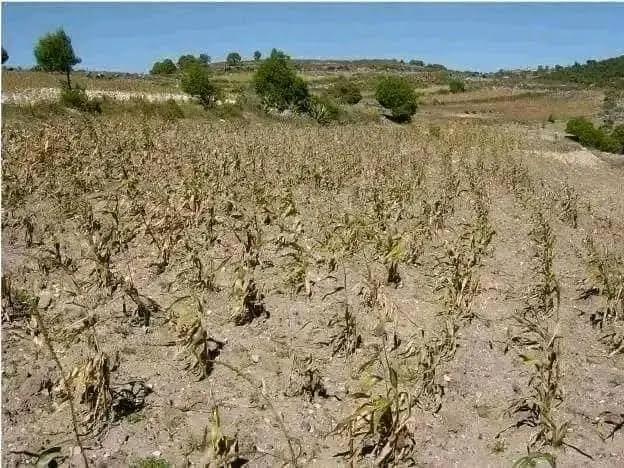Stakeholders in Nigeria’s environment and agriculture sectors have committed to reviewing the National Policy on Drought, Desertification, and Land Degradation to address emerging climate challenges and improve food security.
The pledge was made during an inception workshop held in Abuja, attended by representatives from the Federal Government, development partners, and relevant stakeholders.
In his keynote address, the Minister of Environment, Balarabe Lawal—represented by the ministry’s Permanent Secretary, Mahmud Kambari—said desertification, land degradation, and drought continue to pose significant threats to Nigeria’s economy, environment, and social fabric.
He emphasized that the policy, first introduced in 2007, requires urgent review to reflect current realities and close existing gaps.
Lawal highlighted poverty, food insecurity, biodiversity loss, water scarcity, and forced migration as key consequences of unchecked land degradation in Nigeria.
He stressed the need for the revised policy to be built on core principles such as sustainable development, gender inclusiveness, intergenerational equity, and proactive planning.
He noted that desertification remains the most severe environmental issue in Nigeria’s dryland belt, which includes Bauchi, Borno, Gombe, Jigawa, Kano, Katsina, Kebbi, Sokoto, Yobe, and Zamfara states.
According to Lawal, 50 to 75 percent of land in these states suffers from desert-like conditions, directly affecting over 27 million people. These states account for about 38 percent of Nigeria’s landmass and support the bulk of the nation’s livestock—90 percent of cattle, two-thirds of goats and sheep, and nearly all donkeys, camels, and horses.
The dryland region is also a major contributor to Nigeria’s agricultural output, producing staples such as rice and wheat, and export crops like cotton, groundnuts, and gum Arabic.
Lawal stressed that reversing desertification requires a comprehensive approach supported by integrated policies and programmes targeting issues such as deforestation, unsustainable land use, and climate change.
He called for better coordination with related national policies in agriculture, mining, urban development, and climate action to eliminate policy overlap and inefficiencies.
Also speaking at the event, the FAO Representative in Nigeria and ECOWAS, Dominique Kouacou described the policy review as a crucial step toward confronting one of Nigeria’s most urgent environmental threats.
Kouacou emphasized that 95 percent of global food production depends on healthy soil, and sustainable land use is central to national well-being. He outlined FAO’s global strategy for achieving the UN 2030 Agenda through four principles: better production, better nutrition, a better environment, and a better life.
While acknowledging the policy’s historical role in protecting ecosystems and enhancing productivity, he called for an updated framework that reflects modern climate realities and embraces international best practices.
“This is an opportunity to bridge policy gaps, strengthen collaboration, and drive lasting change,” he said. “FAO remains committed to supporting Nigeria through sustainable land and water management, ecosystem restoration, and community resilience.”
The National Coordinator of the Agro-Climatic Resilience in Semi-Arid Landscapes (ACReSAL) Project, Abdulhamid Umar added that the policy must evolve to meet today’s climate challenges and protect vulnerable communities.


